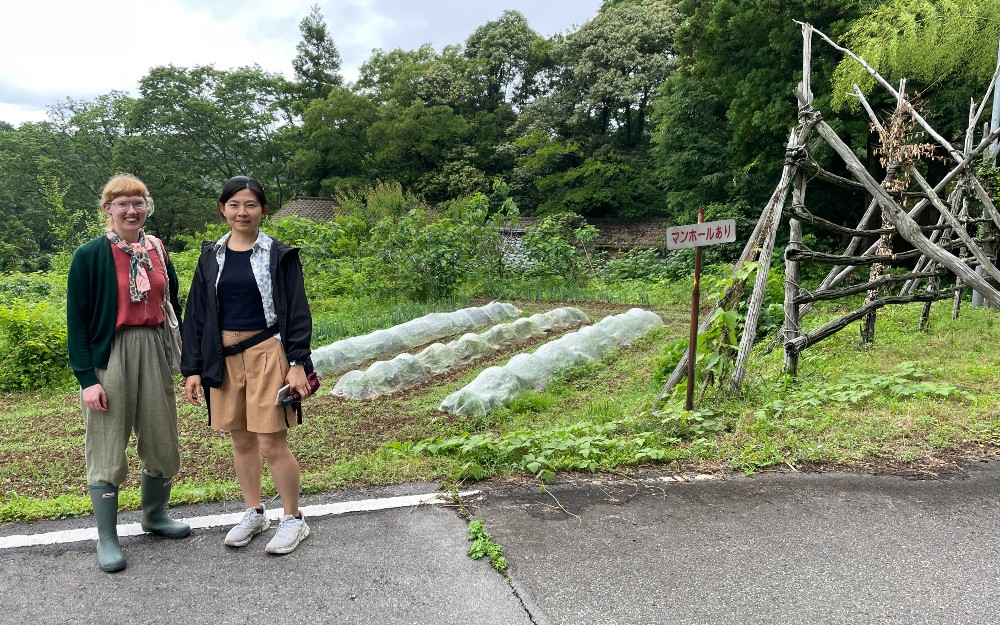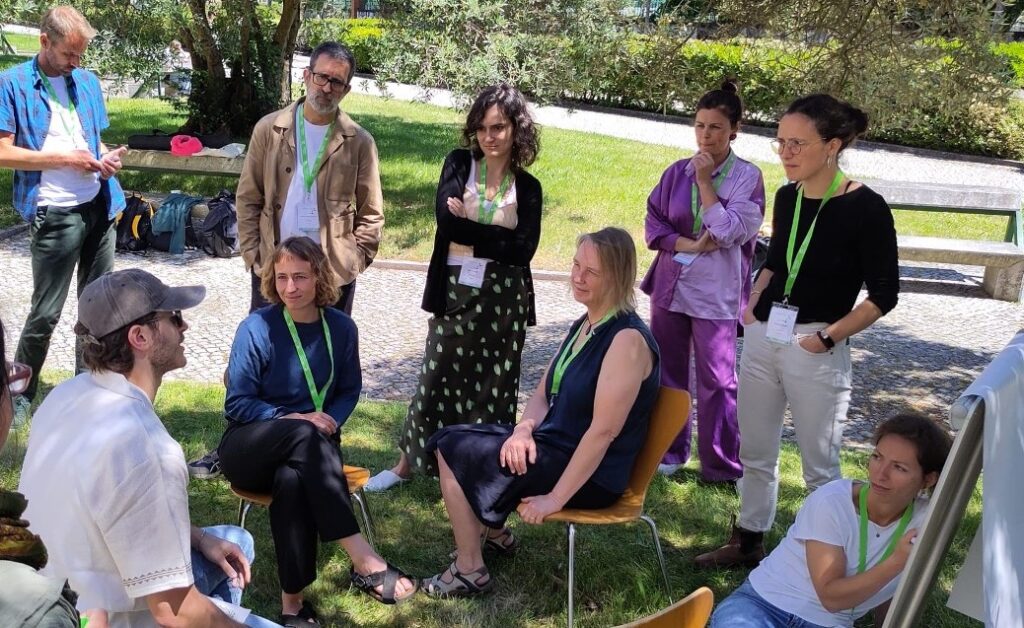The Rural Community Rural Energy Fund was launched in May 2013 to help communities meet the up-front costs of developing renewable energy projects providing a range of economic and social benefits to the community.
Paul Courtney and John Powell adapted Social Return on Investment (SROI) to produce social estimates for use in a Cost Benefit Analysis (CBA) model. Their three-year evaluation of the Rural Community Energy Fund (RCEF) came to a close with the final report delivered to Defra and BEIS in July. The study involved an SROI model to demonstrate the wider social value of the fund, and was the first of its kind to incorporate SROI estimates into a Cost Benefit Analysis (CBA) model produced by their collaborators Ricardo AEA to ensure the formal capture and recognition of the social impacts. Findings from the report fed directly into a review of the RCEF and renewable energy programmes for rural areas, undertaken by Defra and BEIS. The project was led by Paul Courtney and involved John Powell and Matt Reed.
The project was undertaken in four main stages:
- Stage 1 developed the intervention logic to identify appropriate indicators for monitoring and evaluation.
- Stage 2 developed Defra’s ex ante cost benefit model of the RCEF and subjects it to independent academic review.
- Stage 3 collected quantitative and qualitative data at three time points between 2014 and 2016 to produce an interim monitoring and process evaluation of the project.
- Stage 4 produced an impact assessment in order to determine the cost-effectiveness of the programme, what has worked well and what has not.
The wider economic and impact evaluation also captured less direct benefits such as local employment, community cohesion and environmental enhancement. The process evaluation also highlighted lessons to be learned and which can be transferred to other public policy strands within the Rural Economy Growth Review and more widely, including with regards to: the skills required for communities to engage in such schemes, communication between Government agencies and local authorities, the level of private finance available, the role of the planning system, the success of loan repayment, public acceptability and community engagement.
The project was led by Professor Paul Courtney, who worked closely with Stephanie Cesbron, project manager of Ricardo-AEA’s team, throughout all stages of the project. Dr John Powell and Professor Nigel Curry were also part of the CCRI research team.





